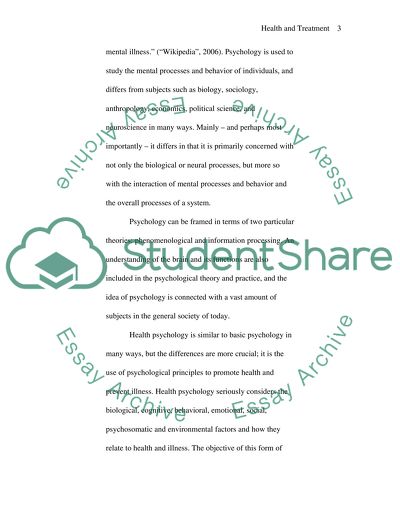Cite this document
(Personal Believes Affecting Health Essay Example | Topics and Well Written Essays - 1750 words, n.d.)
Personal Believes Affecting Health Essay Example | Topics and Well Written Essays - 1750 words. https://studentshare.org/health-sciences-medicine/1509705-how-individual-beliefs-about-illness-affect-health-and-treatment
Personal Believes Affecting Health Essay Example | Topics and Well Written Essays - 1750 words. https://studentshare.org/health-sciences-medicine/1509705-how-individual-beliefs-about-illness-affect-health-and-treatment
(Personal Believes Affecting Health Essay Example | Topics and Well Written Essays - 1750 Words)
Personal Believes Affecting Health Essay Example | Topics and Well Written Essays - 1750 Words. https://studentshare.org/health-sciences-medicine/1509705-how-individual-beliefs-about-illness-affect-health-and-treatment.
Personal Believes Affecting Health Essay Example | Topics and Well Written Essays - 1750 Words. https://studentshare.org/health-sciences-medicine/1509705-how-individual-beliefs-about-illness-affect-health-and-treatment.
“Personal Believes Affecting Health Essay Example | Topics and Well Written Essays - 1750 Words”. https://studentshare.org/health-sciences-medicine/1509705-how-individual-beliefs-about-illness-affect-health-and-treatment.


